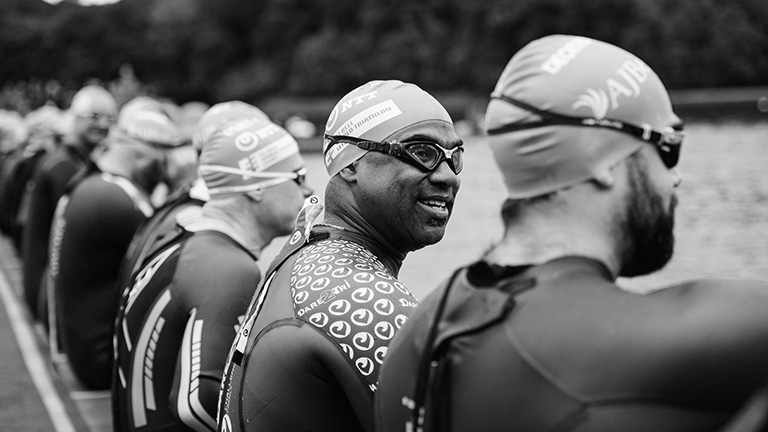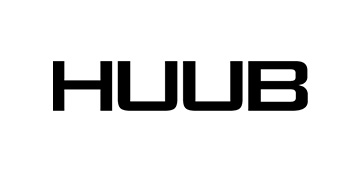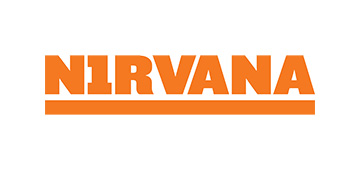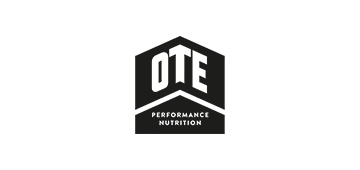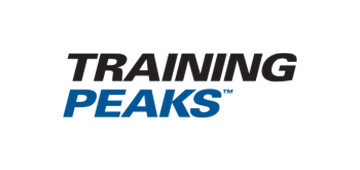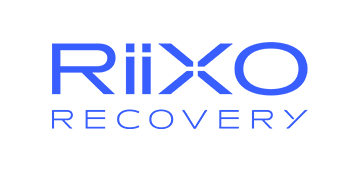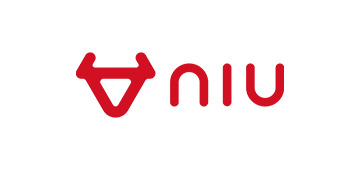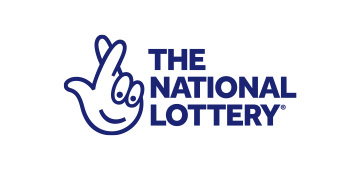Who can be tested?
All members including Age-Group and recreational athletes are bound by the British Triathlon Anti-Doping Rules (the UK Anti-Doping Rules) which specify that any athlete at any level in the UK could be tested at any time. For further information on this testing programme please visit the UK Anti-Doping (UKAD) website.
Elite and Age-Group athletes competing in World Triathlon (WT) and Europe Triathlon (ET) Championships are also bound by the World Triathlon Anti-Doping Rules whereby all athletes are subject to the World Triathlon test distribution plan.
When and where are people tested
Often testing takes place at competitions however any athlete at any level in the UK can be tested at any time. High performance and elite level athletes could be subject to out-of-competition testing. They may also be part of a National Registered Testing Pool (NRTP) and an International Registered Testing Pool (IRTP).
Find out more about ADAMS (Anti-doping Administration & Management System) and the whereabouts programme here.
What happens during a test?
When you are required for a drugs test, you will be notified by a Doping Control Officer (DCO) or a Witnessing Chaperone. They will show you their identification and notify you that you have been selected. You will need to report with the Chaperone or DCO to the Doping Control Station. You will be accompanied at all times by the Chaperone or DCO. When you are ready to provide a urine sample the DCO or a Witnessing Chaperone will manage the process and directly observe you whilst you provide your sample.
Sometimes you might be selected to provide a blood sample as well as a urine sample for testing. If you are selected to provide a blood sample, a Blood Collection Officer (BCO) will be in attendance. BCOs are trained and experienced phlebotomists and can carry out the blood-sample collection duties once you have reported to the Doping Control Station.
Find out more about the testing procedure here.
What are my rights and responsibilities during a test?
From notification for Doping Control, athletes have the right to:
- See official identification and evidence of the DCO or Witnessing Chaperone's authority to carry out the test from an official anti-doping organisation or testing body
- Be accompanied by a representative of their choice to the Doping Control Station
- Request a delay in reporting to the Doping Control Station for valid reasons (see below)
- A DCO or Witnessing Chaperone of the same gender to observe the provision of the sample
- Ask for additional information about the sample-collection process
- Comment on the testing procedures for each test taken by the athlete
- Receive a copy of the doping control form after the test has been taken
- Ensure confidentiality: no name should be on any documentation intended for the laboratory
- Request modifications if they are a minor (under 18 years old) or have a disability.
Athletes Have a Responsibility to:
- Remain within direct observation of the DCO/Chaperone at all times from the point of notification by the DCO/Chaperone until the completion of the sample collection procedure
- Produce photographic identification such as competition accreditation or a driver’s licence
- Comply with sample collection procedures
- Report immediately for a test, unless there are valid reasons for a delay
What age can athletes be tested?
All athletes competing in triathlons in the UK can be tested, thus meaning athletes can be tested from the age of 8. Those athletes between the ages of 8-18 will have a second observer during the testing process whom observes the Doping Control Officer (DCO). This is to ensure that safeguarding and child protection policies are followed and this is in accordance with the ISTI Annex C (modifications for athletes who are minors). This further individual can be either a member of doping control personnel or the athletes’ nominated representative (coach, parent, carer).
Please click here for more information about Safeguarding.
Where can I find the prohibited list?
You can find the prohibited list on the WADA website here.
How will I know the list changes?
The list is updated once a year on the 1st January. Therefore you should be aware of these at the start of each new year. However prohibited substances can be added to the Prohibited List at any time throughout the year. To stay up-to-date, register with UKAD and you can receive free updates and be part of their clean sport network.
It is also advisable to check medication with the Global Dro website prior to each race and to keep a copy of the search to take with you to events to show you are aware of any changes throughout the year.
How do I check my medication?
The website Global DRO (Global Drug Reference Online) enables athletes to check the prohibited status of their medicines against the WADA prohibited list. This includes products sold in the UK, Canada, Japan, United States, Switzerland, New Zealand and Australia. It also provides every search with a unique reference number for your records. Always keep evidence of your searches.
My medication is on the prohibited list, What do I do?
Some medications may contain substances which are included on the WADA Prohibited List. If you need to take such a medication for a genuine medical reason we recommend that you ask your doctor if there are any alternative medications or methods that could be used that are not prohibited.
If there are no alternatives then depending on your level of competition you may need to apply for a Therapeutic Use Exemption (TUE). See below to find out which type of TUE you would need.
What supplements are safe to use?
Athletes are strongly advised to be very cautious if they choose to take any supplement such as vitamin tablets, energy drinks, or sport-nutrition formulas. This is because there is no guarantee that any supplement is free from banned substances.
All athletes are advised to:
- Assess the need to use supplements by seeking advice from a medical professional or nutritionist on their need to use supplement products
- Assess the risks associated with supplements and undertake thorough research of all supplement products they are considering taking
- Assess the consequences to their careers – they could receive a four-year ban
BEFORE making a decision to use supplements.
However, supplement risks can be reduced by:
- Undertaking thorough internet research.
- Only using batch-tested products.
- Checking on Informed-Sport (which is a risk minimisation programme) that the supplement has been batch tested.
What is a TUE (Therapeutic Use Exemption)?
The Therapeutic Use Exemption (TUE) process is a means by which an athlete can obtain approval to use a prescribed prohibited substance or method for the treatment of a legitimate medical condition.
Do I need a TUE?
Unless you fall under the level of competitions listed below you do not need to apply for a TUE in advance of a competition or for out-of-competition. If you are tested and you then receive notification that the result of that test is adverse you will need to apply for a retroactive Therapeutic Use Exemption (TUE). You will have five working days from the notification of an Adverse Analitical Finding (AAF) in which to apply for a retroactive TUE. You can do this by downloading a form from the UKAD website and applying directly to UKAD. You will need your doctor to complete part of the form and supply recent medical evidence.
Athletes that require a TUE in advance:
1.Athletes in the National Registered Testing Pool (that is, athletes submitting their daily whereabouts to UK Anti-Doping)
2. Athletes in the GB Podium Potential Squad
3. Athletes in the GB Paratriathlon Performance Squad
4. Elite Senior, U23 or Junior athletes competing at any ITU event
5. Elite Senior athletes competing at Ironman and Ironman 70.3 events
6. Athletes who are selected for a Home Nations (England, Northern Ireland, Scotland & Wales) 2022 Commonwealth Games Squad.
What will happen if I test positive for a banned substance?
Committing an Anti Doping Rule Violation (ADRV) means that an athlete, coach or athlete support person could be liable for a sanction which may include a ban from the sport. The sanction for intentional cheating is 4 years for the first offence and there is less leniency for carelessness – you are likely to receive a 2-year or more ban for inadvertent doping.
Find out about the other ADRV’s here
Read about the consequences of doping here.
What are the health risks associated with taking a banned substance?
The health risks associated with taking banned substance is dependent on the type of banned substance consumed. Find out more about the specific health risks associated with certain types of substances and methods here.
What are the Anti-Doping Rule Violations? (ADRV's)
The 2021 Code outlines 11 Anti-Doping Rule Violations (ADRVs). Athletes, and Athlete Support Personnel (ASP), may receive a ban from sport if any of the following ADRVs are committed:
-
There are 11 Anti-Doping Rule Violations (ADRVs). All 11 apply to athletes, two (in bold) also apply to athlete support personnel and five (in bold) also apply to athlete support personnel and other persons.
Apply to athletes only
-
Presence
-
Use or Attempted Use
-
Evading, Refusing or Failing to Submit to Sample Collection
-
Whereabouts failures
-
Apply to athletes and athlete support personnel
-
Possession
-
Administration
-
Apply to athletes, athlete support personnel and other persons
-
Tampering or Attempted Tampering
-
Trafficking or Attempted Trafficking
-
Complicity or Attempted Complicity
-
Prohibited Association
-
Acts by an Athlete or Other Person to Discourage or Retaliate Against Reporting to Authorities
How can I report any information or concerns I may have about doping?
If you would like to anonymously report any information or concerns related to doping you can call the confidential Crimestoppers Report Doping in Sport Hotline on +44 (0) 8000 32 23 32 or you can submit information via a secure online form. Alternatively you can contact the UKAD Intelligence and Investigations Team at intelligence@ukad.org.uk.
I'm still unsure, who can I contact for further information?
To speak to somebody at British Triathlon please email cleansport@britishtriathlon.org or call +44 (0) 1509 226 183.
To speak to somebody at UKAD please email protectyoursport@reportdoping.com or call +44 (0) 8000 32 23 32


